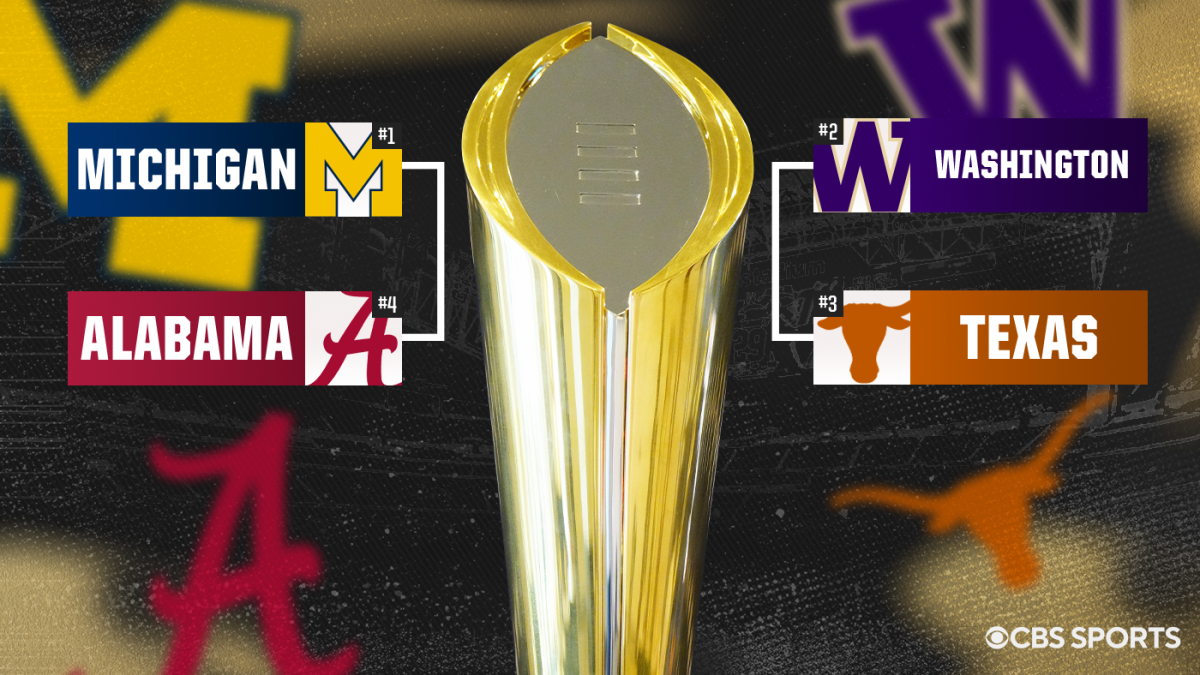Last year I wrote this blog criticizing February, and man did the Feb fans have some words. Wow. Well, now I’m taking the other side of that coin to say that I’m a big fan of May.
First, the weather. Now, maybe you live somewhere I’m not thinking of or unfamiliar with and you have some terrible May situation, but in the South, the pollen is gone, the flowers are out, the bugs and humidity haven’t arrived, and most mornings and evenings are cool.
Also, it’s graduation month (though from this seemingly comprehensive list that is not official). Admittedly, between working at a college, speaking at graduations, and having a disproportionate number of friends and neighbors with graduating students, I have attended my fair share of these. I love the experience because graduations bring together family, present an opportunity for shared celebration of accomplishments, up our nation’s smile: frown ratio, and simultaneously facilitate both healthy reflection and warranted optimism about the future. Generally good times despite uncomfortable garb and predictably unmemorable speeches. Yep, I love a good tassel turn.
Graduation also means the seniors are done. Before you dismiss that one as “sentences that need never to have been written,” hang on. When those caps get picked up and the last selfie has been taken, the juniors take on a unique and important transient identity—RISING SENIORS.
If that’s you—this one’s for you.
Rising connotes you are not there yet. You are in transition. You have left the on-deck circle and are walking to the plate. Basically, this is your walk-up song summer (or playlist). And while your teachers may have already sent you things to do (summer assignments/reading list), when it comes to college admission, I want to focus on your mindset and approach. 
RISING INTO COLLEGE ADMISSION
True Success
The longer I do this work and the more students and families I talk to, the more convinced I am that the real goal of college admission is not getting into a particular school. Instead, it is having choices and options. As a rising senior, you inevitably saw this play out with the graduating class. The students most satisfied with their college admission experience are those who felt like they had agency. Ultimately, they picked a college. Does that mean all doors were open? Of course not. But in the end, they got to select a college from several they were excited about. THAT is my hope for you—and not only for college but life well beyond. Freedom is having options. As you rise this summer, spend time thinking about what (not where) you want in a college– and why! Build a list of schools where you would be excited to go. Practice recognizing the difference between “a good school” and a good school for you.
Your walk-up song is playing. Phrases like “dream school,” “top choice,” limit your view of success/happiness and foster zero sum thinking. Keep your head up and your gaze is broad.
Mindset and approach are a choice.
Expect the Unexpected
College Admission is not Fair. Yikes. How’s that for orange juice right after brushing your teeth. Fair is a place they sell cotton candy, cobble together super rickety rides, and judge pigs. (h/t Tim Fields, Emory University). This ain’t that. In the year ahead, you are going to see admission decisions come out that will not make sense to you. Students in your high school will get into colleges you don’t think “they should have.” Worse still- you may see people get into a college you really wanted to go to or get selected for a scholarship you were hoping to receive, while you are dealing with the disappointment of being deferred or denied or waitlisted.
Rising Senior, I’m challenging you in those moments to actually show up for your friends, classmates, and teammates. Celebrating others is a life skill. Don’t let someone else’s outcomes impact your outlook.
Mindset and approach are a choice.
THE admit rate is not YOUR admit rate.
The published admit rate for a school you are considering is 33%. So one of every three applicants is offered admission, and two of three are either denied, waitlisted (and never pulled into the class), or those who fall out of the process along the way (incomplete, cancel application, etc.) As a smart rising senior, you likely did not need me to translate a percentage into multiple sentences, but hey, it’s a blog. It’s what I do.
ANYHOO, it would be easy/reasonable/and normal math to stop there. You’re thinking- I’m cool with a 1/3 shot. Sorry, friends. This isn’t the column or dozen groupings of a roulette wheel in Vegas. This is college admission. This is the willing suspension of regular math. 
If you’re applying to a public university, question one is where are you from? Resident and non-resident admission review are completely different committee and consideration conversations. As an example, the University of Florida’s overall admit rate in 2023 was 23%. However, Sunshine State residents were admitted at nearly 60%, while Gator nation admitted Cloudy State residents at less than 20%.
Colleges will provide this data on their sites, but another good reference point is the Common Data Sets, primarily in Section C (Search: College Name and Common Data Site). Alternatively, you can check out this blog, which delves into both the CDS and CFD (Clark Family Dynamics).
Does every in-state resident, have the same chance of being admitted to their state’s flagship, even with the same grades, course rigor, or scores? If your answer starts with an N, keep reading. Otherwise, go back to the beginning. (And by beginning I meant the entire blog, circa 2015. Now you do have some summer reading assignments.)
Ultimately, mission drives admission. Or in wonky admission speak decisions come down to Institutional Priorities– and that leads us far beyond your zip code or state’s initials. As you’ll quickly see in Section C of the CDS, when you apply matters for many schools, particularly for those with Early Decision plans. The “same student” could apply two months earlier and have radically different odds for admission. Major, gender, first-generation status, and other factors will also play in. They will effectively “weight” the roulette ball. Translation: the rural North Dakotan (repetitive?) valedictorian who aces BC Calculus and applies for a Philosophy degree is going to read differently than you. Pack your bags and buy some thermals as you feel compelled.
Knowledge is power. Expectations matter. Mindset and approach are a choice.
Control What You Can Control
Journalists and social media over indexes on the Ivy League and can lead you to believe getting into college is extremely challenging for a talented and motivated rising senior. The truth is that colleges with admit rates under 15% are outposts not signposts in the real landscape of admission world. So contrary to the click bait headlines and hack coverage that dominates college admission beat writing, you are the one in control. *Note in a spirit of May optimism this blog is presuming next year the Fubar FAFSA debacle is behind us.
Where you apply. There are nearly 4000 colleges and universities in the United States alone. Many of them are already courting you, soliciting you, marketing to you, but ultimately it is your choice to apply or not. In other words, you decide the five, seven, eleven (please don’t go much higher than that) colleges you are interested in attending. Where you apply is totally in your control. Think about it this way- YOU are eliminating 99+% of possible colleges. Talk about highly selective!
Who offers you admission. So… this would be the part that you DO NOT control. If you or your parents are trying to manipulate or game exactly where you are admitted or how much financial aid you receive, please go watch The College Admission Scandal.
Which college you select to attend. If you do your research, apply to a balanced list of schools (academically, financially, and selectivity), and remain open to several “top choices,” you are going to have great options. The ball will be back in your court in the spring of your senior year, and you will get to choose—see True Success above.
How you show up. A little over a year from now you won’t be focused on your approach to college admission, but to the college where you are planning to attend. This is about showing up on Day 1 with a mentality of being all in. In my opinion, is the most important part. You don’t have to look far to find examples of students who ended up miserable at their “dream school.” Conversely, there are countless students who didn’t get in to their “top choice” and wound up tour guides elsewhere, i.e. not only drinking the Kool-Aid but selling it.
Mindset and approach are a choice (as a rising senior, senior, college applicant, college student, and in life well beyond).
Love and Admission
Rising Senior means you are not a kid- not a child. It means you are getting seriously close to leaving home. It means you are going to be away from home way more than you are at home. Many students read those lines and smile. Many parents read those lines…and cry. Then students don’t understand the tears. Parents are conflicted about the smiles. Round and round we go.
Bottom line is college admission is not all about applications or test scores or college decision letters. It’s also about a new chapter in your family’s life. And at 17 or 18, the emotion, gravity, and uncertainty wrapped up in that page flip is impossible to fully grasp. I’m asking you to try.
Listen, I don’t have all the answers, but I know this: most of the crazy stuff parents do and say is really just love in disguise. It sounds like nagging. It sounds like they don’t trust you or are not listening. They know. Right now they’re a little freaked out about the term “rising senior.” To them your high school career has been a blink of the eye. So even when you’re tired, even when it’s the fourth time, even when you have somewhere to be or someone to meet, I’m asking you to be a rising senior, rather than a child. And that means patience, kindness, grace.
Mindset and approach are a choice. Hugging your mama is not. May may be the month we observe Mother’s Day, but every day is a good one to hug your mama!
The summer is here. Your walk-up music is playing. In fact, like you, it is RISING. So Rise!










